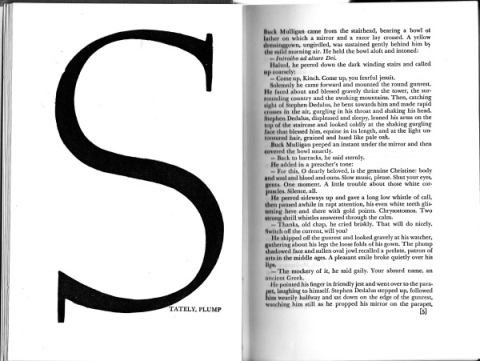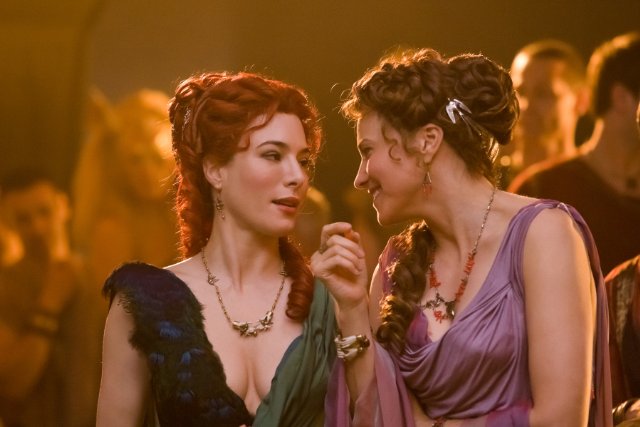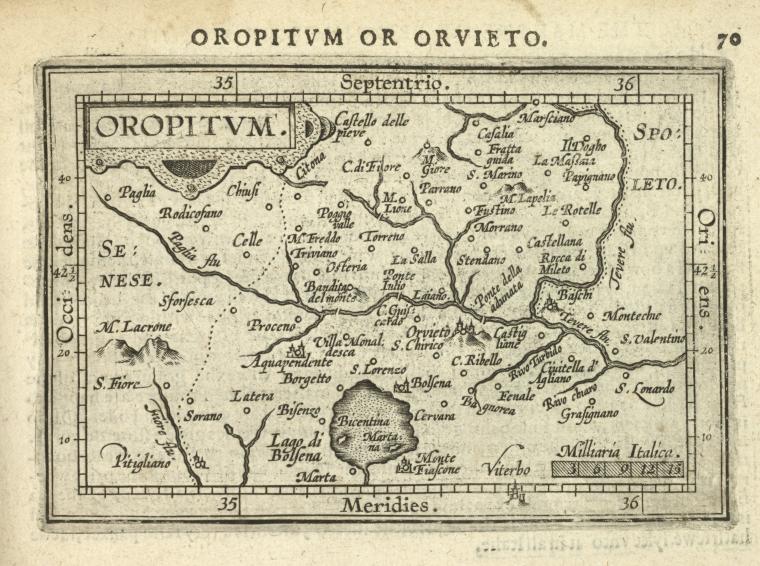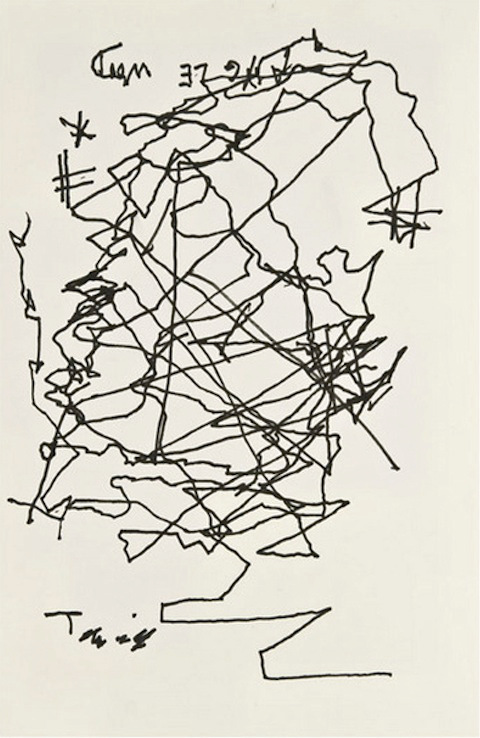
I go to encounter for the millionth time the reality of experience and to forge in the smithy of my soul the uncreated conscience of my race.
— James Joyce, A Portrait of the Artist as a Young Man
For what do we live, but to make sport for our neighbors, and laugh at them in our turn?
— Jane Austen, Pride and Prejudice
There is nothing more atrociously cruel than an adored child.
— Vladimir Nabokov, Lolita
You’ve almost certainly read all three of these sentences before, or even if you don’t remember the lines in particular, you’ve probably read the famous novels they come from. The American Scholar highlights them as three of the ten finest in English-language literature, alongside other sentences composed by the likes of F. Scott Fitzgerald, John Hersey, and Ernest Hemingway. Writing at Poynter.org, Roy Peter Clark explains just what makes these sentences so great, from Joyce’s use of “forge” (“For the narrator it means to strengthen metal in fire. But it also means to fake, to counterfeit, perhaps a gentle tug at [the protagonist’s] hubris”) to Austen’s structural elegance (“Who could not admire a sentence with such a clear demarcation beginning, middle, and end?”) to Nabokov’s reflection of his narrator’s self-delusion.
At The Atlantic, Joe Fassler has separately collected 22 writers’ own favorite novel-opening lines, a list that includes the one from Nabokov’s highly quotable novel and another from later in Joyce’s oeuvre:
Lolita, light of my life, fire of my loins.
— Vladimir Nabokov, Lolita, chosen by Jonathan Santofler
Stately, plump Buck Mulligan came from the stairhead, bearing a bowl of lather on which a mirror and a razor lay crossed.
— James Joyce, Ulysses, chosen by Lydia Davis
I have never seen anything like it: two little discs of glass suspended in front of his eyes in loops of wire.
— J.M. Coetzee, Waiting for the Barbarians, chosen by Anthony Marra
If all these don’t satiate your appetite for well-wrought sentences, the American Book Review has not just its own rundown of the 100 best first lines from novels, but of the 100 best last lines as well, a list that features Coetzee’s grim colonial fable as well as the work of Franzen himself:
This is not the scene I dreamed of. Like much else nowadays I leave it feeling stupid, like a man who lost his way long ago but presses on along a road that may lead nowhere.
— J.M. Coetzee, Waiting for the Barbarians
She was seventy-five and she was going to make some changes in her life.
— Jonathan Franzen, The Corrections
“You can trust me,” R.V. says, watching her hand.” “I’m a man of my
— David Foster Wallace, The Broom of the System
Before you leave a comment pointing out that apparent fragment of Wallace’s sentence just above, let me reassure you that it appears exactly like that in The Broom of the System — the novel just stops there — and that, if you read all the way to that point, you’ll find it a pretty brilliant choice. This just goes to show that the sentence, though undoubtedly the fundamental unit for any writer (“All you have to do is write one true sentence,” Hemingway would say), always needs a context. This meta-list of best-sentence lists at Metafilter has many more high-quality sentences for you to admire, and a fair few intriguing enough to send you right out to go read them in context.
You can find some of the great books mentioned above in our collection of 575 Free eBooks.
Related Content:
Opening Sentences From Great Novels, Diagrammed: Lolita, 1984 & More
Nabokov Reads Lolita, Names the Great Books of the 20th Century
James Joyce Reads From Ulysses and Finnegans Wake In His Only Two Recordings (1924/1929)
Colin Marshall hosts and produces Notebook on Cities and Culture and writes essays on cities, language, Asia, and men’s style. He’s at work on a book about Los Angeles, A Los Angeles Primer. Follow him on Twitter at @colinmarshall or on Facebook.








